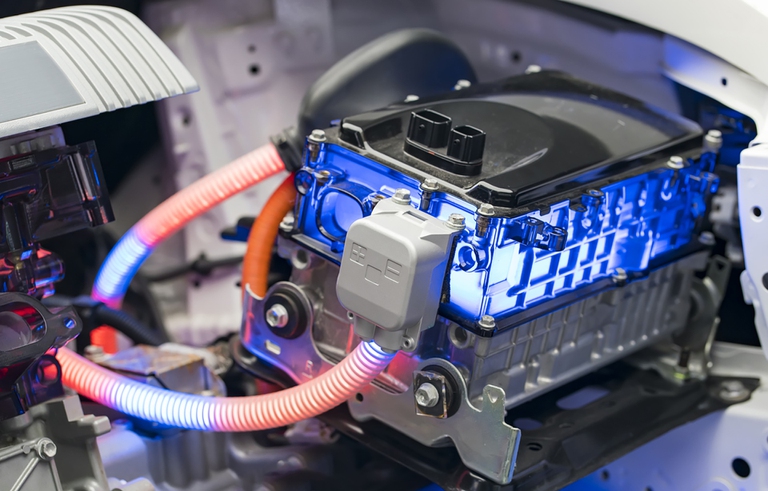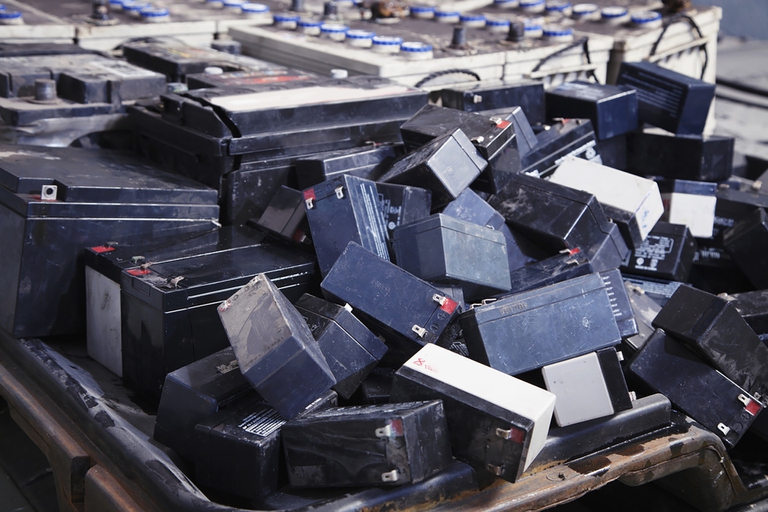https://www.lifegate.it/batterie-europa-sostenibilita
- |
On the topic of batteries the European Union aims for world primacy.With the aim, on the one hand, of imposing gods sustainability requirements very stringent, from the extraction of raw materials to the management of accumulators at the end of their life;and, on the other hand, to put a stop to excessive power of the Asian industry on an issue that has now crossed the borders of the geopolitics.

The requirements cover the entire life cycle
In the days running the Advise and the European Parliament they reached an agreement on proposed regulation on batteries presented two years ago by the Commission, as part of the strategy for sustainable mobility.With the aim of improving the environmental impact of a rapidly growing sector, from now on the batteries produced and imported on our continent will have to comply with the most stringent sustainability requirements in the world, relating to the entire life cycle:from the extraction of raw materials to production, up to disposal.The agreement, which will now have to be officially ratified by the two bodies, concerns batteries sold in the EU for industrial applications, electric vehicles and portable devices.
The European battery market will grow 14-fold by 2030
Between now and 2030, the battery market in Europe is expected to grow 14 times compared to current levels.Also for this reason Italian Achille Variati, the chief negotiator of the European Parliament, is convinced that the new rules "will become a point of reference for the entire world market", given that their compliance will be a essential prerequisite for market access.We are essentially trying to upset the balance worldwide especially in terms of sustainability:today the main battery producers are China, Japan and South Korea, followed by North America and then Europe.

The other measures provided for by the new regulation
According to the new regulation, all batteries with a capacity greater than 2 kWh will have to have a “carbon footprint declaration” which will certify the CO2 emitted in production.Smaller batteries - such as those in smartphones - will instead have to be easy to use remove and replace;and by 2030 the Commission will evaluate whether to eliminate all non-rechargeable devices from the market.To correctly inform consumers, the batteries must also contain a QR code which refers to information on characteristics such as capacity, performance, durability and chemical composition.
The regulation then establishes precise details collection objectives of used batteries at no cost to consumers:45 percent by 2023, 63 percent by 2027 and 73 percent by 2030 for portable ones;and 51 percent by 2028 and 61 percent by 2031 for electric vehicles.Minimum targets for the recovery and reuse of raw materials are also envisaged:16 percent for cobalt, 6 percent for lithium and nickel and 85 percent for lead.
